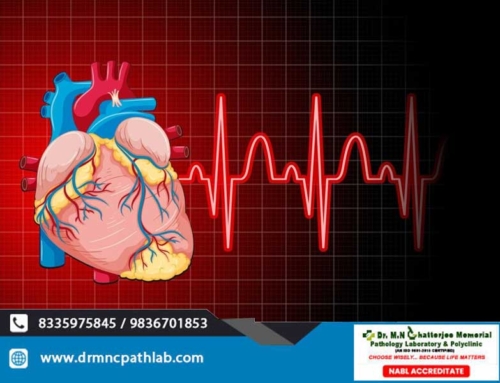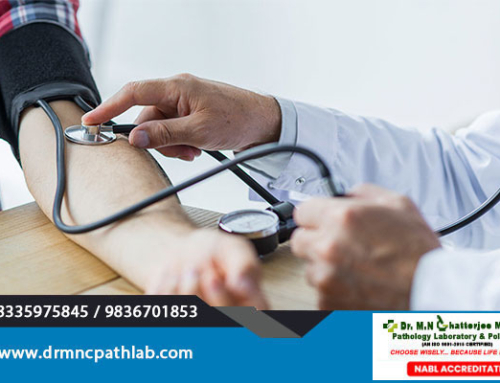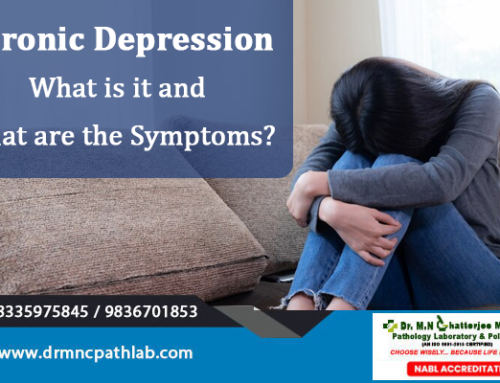A group of diseases affecting the use of blood sugar by your body is diabetes or diabetes mellitus. There is a great importance of glucose for our health as the cells of your muscles and tissues get energy from it. The main source of fuel for your brain is also glucose. There can be excess sugar in your blood if you have any type of diabetes. This can cause serious health problems. Type 1 diabetes and type 2 diabetes are among the chronic diabetes conditions. Prediabetes and gestational diabetes are potentially reversible diabetes conditions. Prediabetes happens when your blood sugar levels are higher than normal but not as high to be termed as diabetes. During pregnancy, gestational diabetes occurs and it may resolve after childbirth. There is effective treatment available for diabetes and you need a proper diagnosis in the first place. For this purpose, you can go to any of the test centers in Uttarpara.
Symptoms
There is a connection between your blood sugar levels and the symptoms of diabetes. The initial stage of type 2 diabetes or prediabetes may show no symptoms. However, symptoms suddenly arise and become severe in type 1 diabetes. The following are some symptoms of type 1 and type 2 diabetes.
- Frequent urination
- Increased thirst
- Unexplained weight loss
- Extreme hunger
- Presence of ketones in the urine
- Irritability
- Fatigue
- Slow-healing sores
- Blurred vision
- Frequent infections
You should consult an Endocrinologist at the best polyclinic in Uttarpara for treatment when you develop these symptoms.
Causes
The causes are different for various types of diabetes. In the cases of type 1 diabetes, your immune system mistakenly attacks and destroys the cells producing insulin in the pancreas. As a result, there is very little or no insulin in your body. Sugar builds up in your bloodstream instead of going to your cells.
Prediabetes or type 2 diabetes happens as your cells grow resistance to the action of insulin. Your pancreas is also unable to produce enough insulin to overcome the resistance. This also leads to the same consequences, that is instead of providing energy to the cells, sugar starts to build up in your bloodstream.
The placenta produces hormones to sustain a pregnancy. The cells become more resistant to insulin due to these hormones. The pancreas normally starts to produce enough insulin to overcome this resistance, although this cannot always overcome the situation. Most of the glucose stays in your blood instead of getting into your cells, which results in gestational diabetes.
Diagnosis
The diagnosis of diabetes is very essential for proper treatment. A diagnostic centre in Hooghly has a fully automated machine for various tests of diabetes. The following are some tests for type 1 and type 2 diabetes and prediabetes.
- Glycated haemoglobin (A1C) test
- Fasting blood sugar test
- Blood sugar PP (Post Prandial) test
- Random blood sugar test
- Oral glucose tolerance test
The tests for gestational diabetes include:
- Initial glucose challenge test
- Follow-up glucose tolerance testing
Treatment
There is an important role of insulin therapy, oral medications and blood sugar monitoring in the treatment of diabetes. You should also maintain a healthy weight, eat a healthy diet and involve in regular physical activities to manage diabetes.





